July 31, 1932 – The grand opening of Cleveland’s Municipal Stadium took place. The Cleveland Indians christened their new home, in front of more than 76,000 fans. However, the Tribe lost the first game in their new confines, 1-0 to the Philadelphia A’s.
The venue served the franchise as their home from 1932 through the 1993 season. It was also the home to the NFL’s Cleveland Browns and even the Cleveland Rams from 1935 through 1945. Cleveland Stadium, commonly known as Municipal Stadium, Lakefront Stadium was built in the downtown portion of the City near the Lake Erie WaterFront.
Before 1932 the Indians played their games at nearby League Park. In fact from 1932 to 1946 their home games were split between the two venues. In 1994 the Cleveland AL franchise moved into nearby Jacobs Field, which is now called Progressive Field.
To find more great daily sports history make sure to check out the Sports Jersey Dispatch and Pigskin Dispatch.
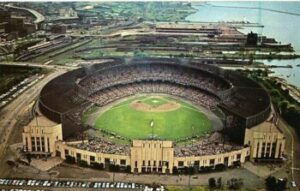
More From Sports History Network
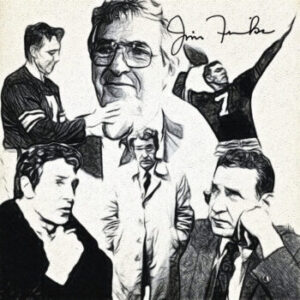
Jim Finks: A Builder of Winners
Jim Finks could have spent his life as the answer to this trivia question,

1975 Baltimore Colts: A Year In Review
From 1957 to 1971, the Baltimore Colts never experienced a losing season. They played
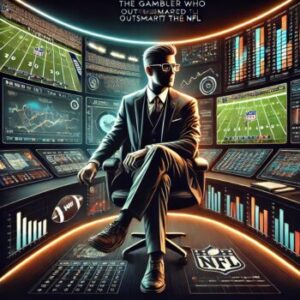
The Gambler Who Outsmarted the NFL: Inside the Mind of Haralabos Voulgaris
Every professional gambler has a story about the one big win. Haralabos Voulgaris has

Legends and Leisure: Stadium-Inspired Seating for Themed Restaurants
Sports culture has a powerful way of bringing people together, and themed restaurants are
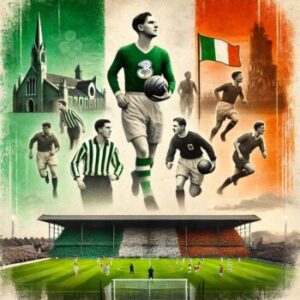
The Irish Premier Division: A Century of Soccer Evolution
The League of Ireland Premier Division stands as the pinnacle of domestic soccer in
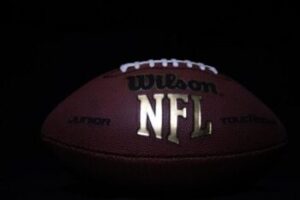
Betting on Week 10: Why Eagles vs Packers Could Define NFC Playoff Picture
As NFL Week 10 unfolds, few matchups capture the playoff stakes and storylines like
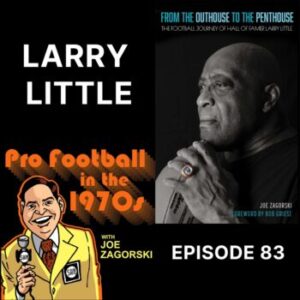
Exploring the Career of Hall of Fame Offensive Guard Larry Little
As many of you may know, I recently wrote a book about Miami Dolphins

Some of the Most Iconic Soccer Rivalries and the Stories Behind Them
Soccer is more than a game. It’s passion, pride, and pure obsession. Across the